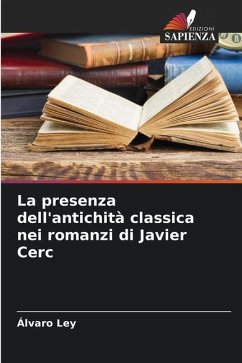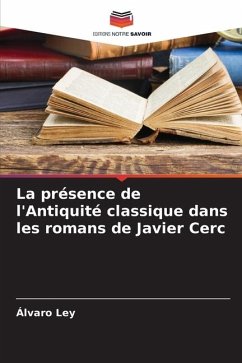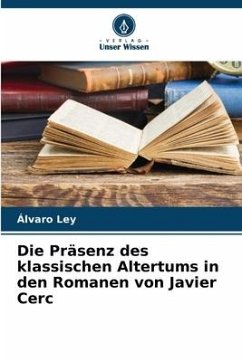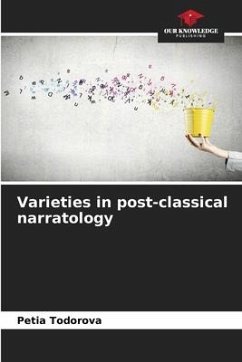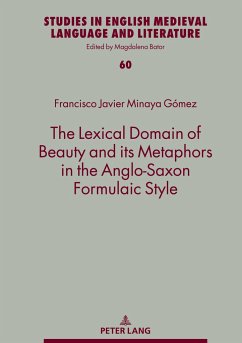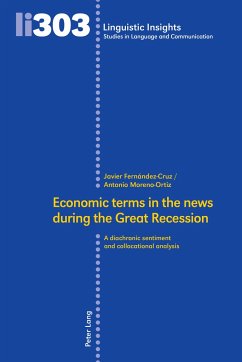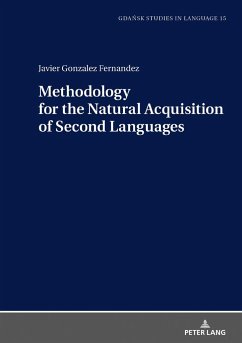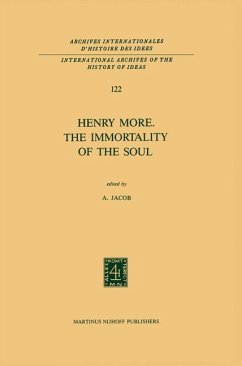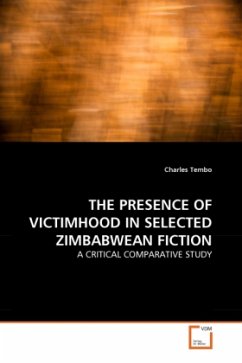
The presence of Classical Antiquity in the novels of Javier Cerc
Versandkostenfrei!
Versandfertig in 6-10 Tagen
27,99 €
inkl. MwSt.

PAYBACK Punkte
14 °P sammeln!
Few Spanish authors of this century have been recognised essentially for one work. At first glance, only Javier Cercas with Soldados de Salamina (2001) and Fernando Aramburu with Patria (2016) have achieved this. Both deal with the theme of memory - or, at least, the past -, which implies a continuation of tastes on the part of the reading public in the two decades so far this century. My purpose in this essay is to elucidate a facet of Cercas's narrative, that of the inheritance he receives from classical literature, which today's narrators are not as willing as he is to cultivate (despite th...
Few Spanish authors of this century have been recognised essentially for one work. At first glance, only Javier Cercas with Soldados de Salamina (2001) and Fernando Aramburu with Patria (2016) have achieved this. Both deal with the theme of memory - or, at least, the past -, which implies a continuation of tastes on the part of the reading public in the two decades so far this century. My purpose in this essay is to elucidate a facet of Cercas's narrative, that of the inheritance he receives from classical literature, which today's narrators are not as willing as he is to cultivate (despite the depth it can instil in any literary work), nor to recognise or analyse by our critics and scholars. We are referring to the use of Greco-Latin mythology, of Classical Antiquity, in a couple of works: Soldiers of Salamis and The Shadow Monarch. The need to resort to this type of sources is due to a series of factors that will be discussed throughout the essay.




